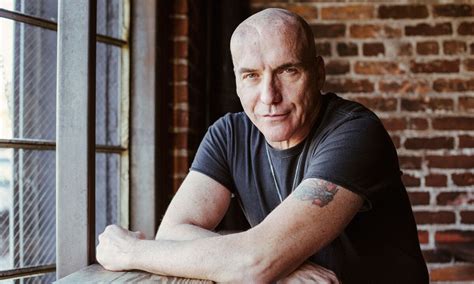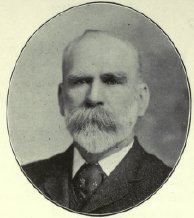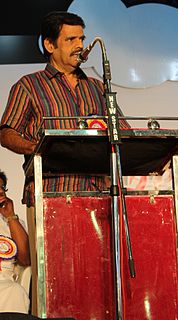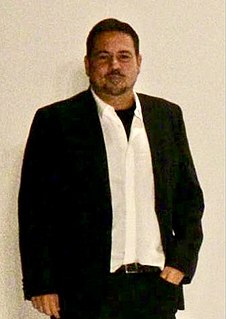A Quote by Jim Goad
When I write, I strain with every wizened fibre of my weathered frame to analyze every possible angle of any given subject.
Related Quotes
Trials, temptations, disappointments -- all these are helps instead of hindrances, if one uses them rightly. They not only test the fibre of a character, but strengthen it. Every conquered temptation represents a new fund of moral energy. Every trial endured and weathered in the right spirit makes a soul nobler and stronger than it was before.
When the mind is full of any one subject, that subject seems to recur with extraordinary frequency - it appears to pursue or to meet us at every turn: in every conversation that we hear in every book we open, in every newspaper we take up, the reigning idea recurs; and then we are surprised, and exclaim at these wonderful coincidences.
You write differently in each book. It may appear to be similar to readers, but you're a different writer in each book because you haven't approached that subject before. And every subject brings out a different prose strain in you. Fundamentally, yes, you're contained as one writer. But you have various voices. Like a good actor.
I want stuff to play as wide as possible. I want to be able to see... if I could play the whole thing in a master and it could be compelling enough, that'd be great. Then it simplifies my day, it simplifies life for the actors when you could just focus on that. But by the same token I don't want to be forced into coverage. So I want it to be as good from every angle and I need to get as many of the kind of shadings that I want from every angle.
Millions of statements are made about the president every day on every subject and from every standpoint; threats of violence are not an integral feature of any one subject or viewpoint as distinct from others. Differential treatment of threats against the president, then, selects nothing but special risks, not special messages.
I learned to pick up each piece, one at a time, from my pile of potential matches and try to fit it from any angle into the socket, then discard it and move on. Each failure is meaningless. It's not me, it's the pieces, and I have to, absolutely must, try each and every piece every possible way until I find one that fits. They aren't failures, they're steps, small bits of progress.



































